Nick Beams
The International Monetary Fund (IMF) decided on Monday to admit the Chinese renminbi (also known as the yuan) into the basket of currencies used to value the fund’s Special Drawing Rights (SDRs).
The IMF executive board said the currency met the existing criteria to be included in a new SDR basket, which will come into effect on October 1 next year. The fund said the weighting of the Chinese currency in the basket would be 10.92 percent, placing it third after the US dollar, on 41.73 percent, and the euro, 30.93 percent, but above the weightings of 8.33 percent and 8.09 percent for the Japanese yen and British pound respectively.
SDRs, which were created in 1969 and expanded after the 2008 financial crisis, function as a global reserve currency and are used in the calculation of terms and interest rates for countries taking out loans from the IMF.
IMF managing director Christine Lagarde said the inclusion of the renminbi was “an important milestone in the integration of the Chinese economy into the global financial system” and “recognition of the progress that the Chinese authorities have made in the past years in reforming China’s monetary and financial system.”
In determining whether the renminbi should be included, the IMF review had to consider two criteria: whether the currency was “widely used” and whether it was “freely usable.”
The first condition was met some time ago, with the rise of China’s significance within international trade. China is now the largest trading partner of more than 120 countries.
The contentious point has been the second condition, because Chinese authorities control entry to the country’s financial markets and regulate the value of its currency. Unlike the other four currencies in the SDR basket, the renminbi is not freely convertible. This led to the rejection of China’s push to be included in the SDR basket at the last IMF five-yearly review in 2010, largely due to opposition from the US and Japan.
However, moves by Chinese authorities over the past year to ease controls on the movement of the currency and to liberalise the setting of interest rates, swung the balance in Beijing’s favour, with the US not opposing the recommendation that it now be included.
But an expression of underlying US attitudes has been the claim that the IMF has bent its own rules to accommodate China because its currency is not fully convertible. “They are stretching their criteria,” former US Treasury official Edwin Truman, a long-time commentator on the IMF, told the Financial Times .
One of the considerations behind the US reversal may be the considerable opposition an American veto would have provoked from other IMF members. They are already critical of the US Congress’s refusal to pass legislation to enhance China’s voting power in the organisation. At present, China, which is by any measure the world’s second largest economy, has the same number of votes in IMF governing bodies as Belgium.
Pointing to the significance of China’s moves to open up its financial markets and allow freer movement of the currency, Lagarde said: “If you had asked me a year ago whether this would happen today I think I would have reserved judgment. Clearly an enormous amount of work has been undertaken by Chinese authorities.”
While the move is largely symbolic, at least in the short-term, it will tend to increase the flows of capital into the Chinese financial markets as governments, banks and other financial institutions adjust their currency holdings to take account of the enhanced status of the renminbi.
However, so far as Chinese authorities are concerned, the decision has a longer-term significance in that it tends lessen the dominance of the US dollar within the international financial system.
In a speech delivered in March 2009, following the eruption of the global financial crisis the previous September, People’s Bank of China (PBoC) governor Zhou Xiaochuan called for reform of the international monetary system so that a single credit-based national currency, the US dollar, was not the global reserve currency. The greenback has effectively played that role since the gold backing was removed from the US dollar in August 1971, which ended the Bretton Woods Agreement of 1944, and fixed exchange rates were completely abandoned in 1973.
“The frequency and increasing intensity of financial crises following the collapse of the Bretton Woods system suggests the costs of such a system to the world may have exceeded its benefits,” Zhou said. He called for “creative reform of the existing international monetary system” toward an international reserve currency with a stable value to ensure global financial stability, suggesting that a greater role for SDRs could be part of such a system.
The decision to include the renminbi in the SDR basket is by no stretch a move in that direction—the US dollar retains its dominance in the global financial system. However, Chinese financial authorities will view the shift as providing more leeway in negotiating international financial storms and lessening dollar dependence.
China has already negotiated agreements with individual countries under which the renminbi, rather than the US dollar, can be used for international transactions. Beijing will no doubt hope to move further in this direction now that its currency has been accorded reserve status.
However, the IMF decision is very much a two-edged sword because it places added pressure on the Chinese regime to further open up its financial system to international capital flows and cut back on regulations.
Central bank governor Zhou has made clear that he opposes full convertibility of the Chinese currency, which would require China’s financial markets to be completely open in the same way as London, New York, Tokyo and the European financial centres.
Last April, Zhou told the IMF that the convertibility China was seeking to achieve was not based on the traditional concept. Rather, drawing lessons from the global financial crisis, China would “adopt a concept of managed convertibility.”
From the other side, the IMF, an organisation devoted to the interests of international finance capital, sees the decision as drawing China closer into its orbit. Its announcement of the renminbi’s elevation included the following significant passage: “Authorities of all currencies represented in the SDR basket, which now includes the Chinese authorities, are expected to maintain a policy framework that facilitates operations for the IMF, its membership and other SDR users in their currencies.”
The IMF is basing its calculations on forces within the Chinese regime itself who want to push further ahead with China’s integration into global financial markets.
The head of the PBoC’s survey and statistics department told the Wall Street Journal: “We will have to build up confidence in renminbi assets from investors both at home and abroad and at the same time, prevent the financial risks associated with a more global currency. That calls for carrying out various reforms in a coordinated way.”
“Reform” of China’s financial system, however, based on its further opening up to global capital, is not simply a technical question. Under conditions of deepening financial problems in China—as evidenced in the stock market turmoil earlier this year—and a slowing economy, the issues are intensely political. Key sections of the Chinese ruling elite rely on state control of finance, and the economy as a whole, to maintain their political and economic power.
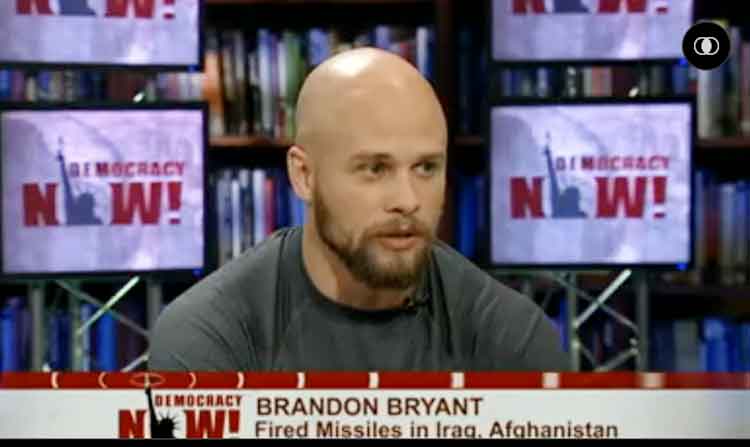
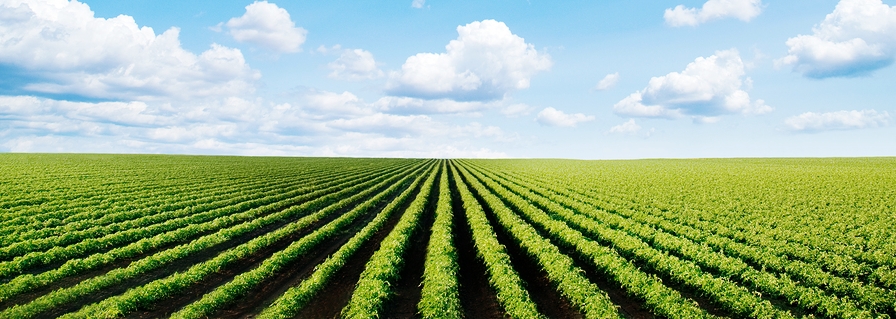
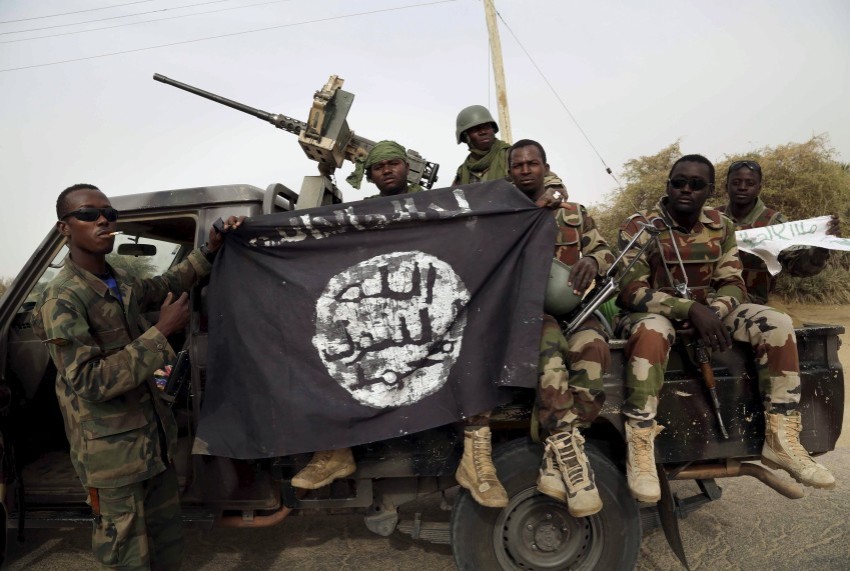
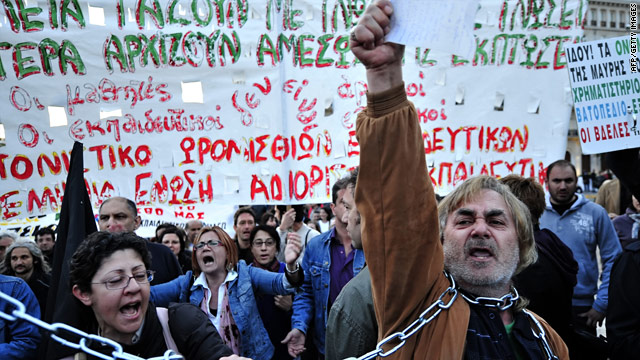
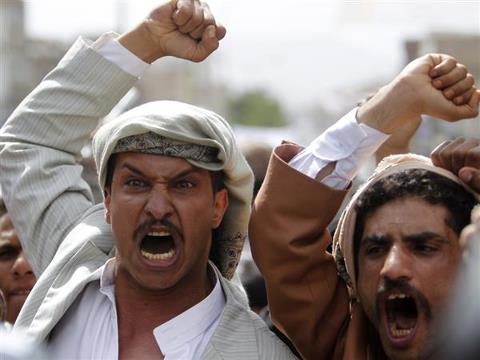
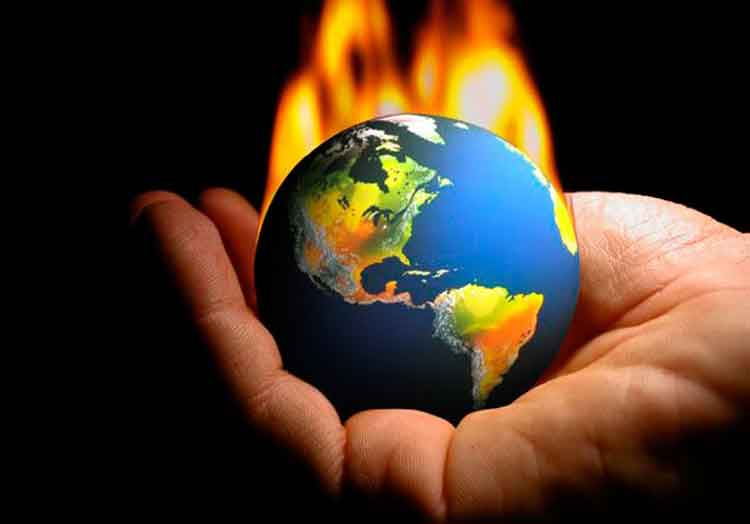
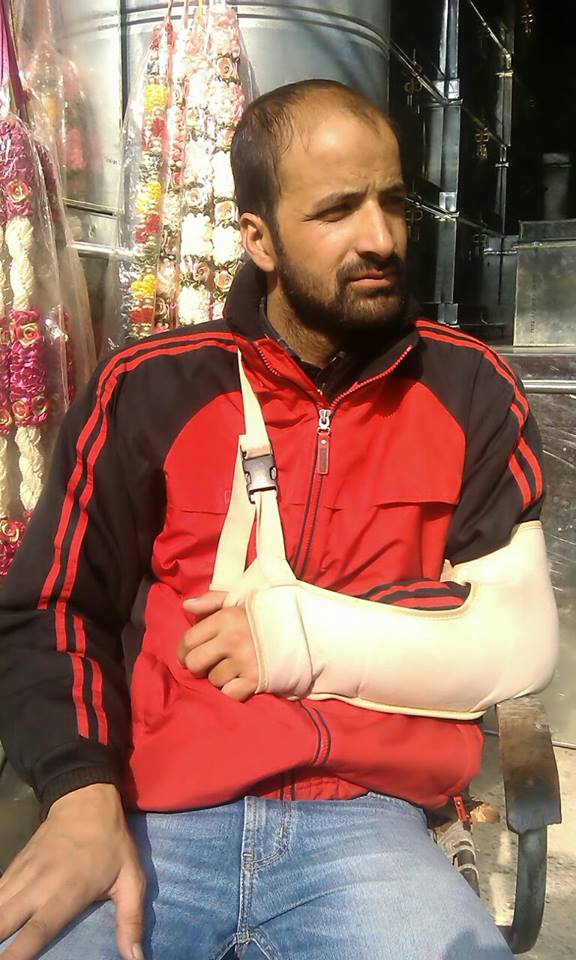 Shobu kotwal’s house is located in one of the posh areas of the South Kashmir township, Islamabad. He owns a shop at the bustled main town square. Shobu boards a vehicle outside his house which drops him near his shop, though he prefers to walk most of the times owing to his fascination to interact with people. Even though he leaves early up but is often late to the shop to the routine timing of the market opening.
Shobu kotwal’s house is located in one of the posh areas of the South Kashmir township, Islamabad. He owns a shop at the bustled main town square. Shobu boards a vehicle outside his house which drops him near his shop, though he prefers to walk most of the times owing to his fascination to interact with people. Even though he leaves early up but is often late to the shop to the routine timing of the market opening.